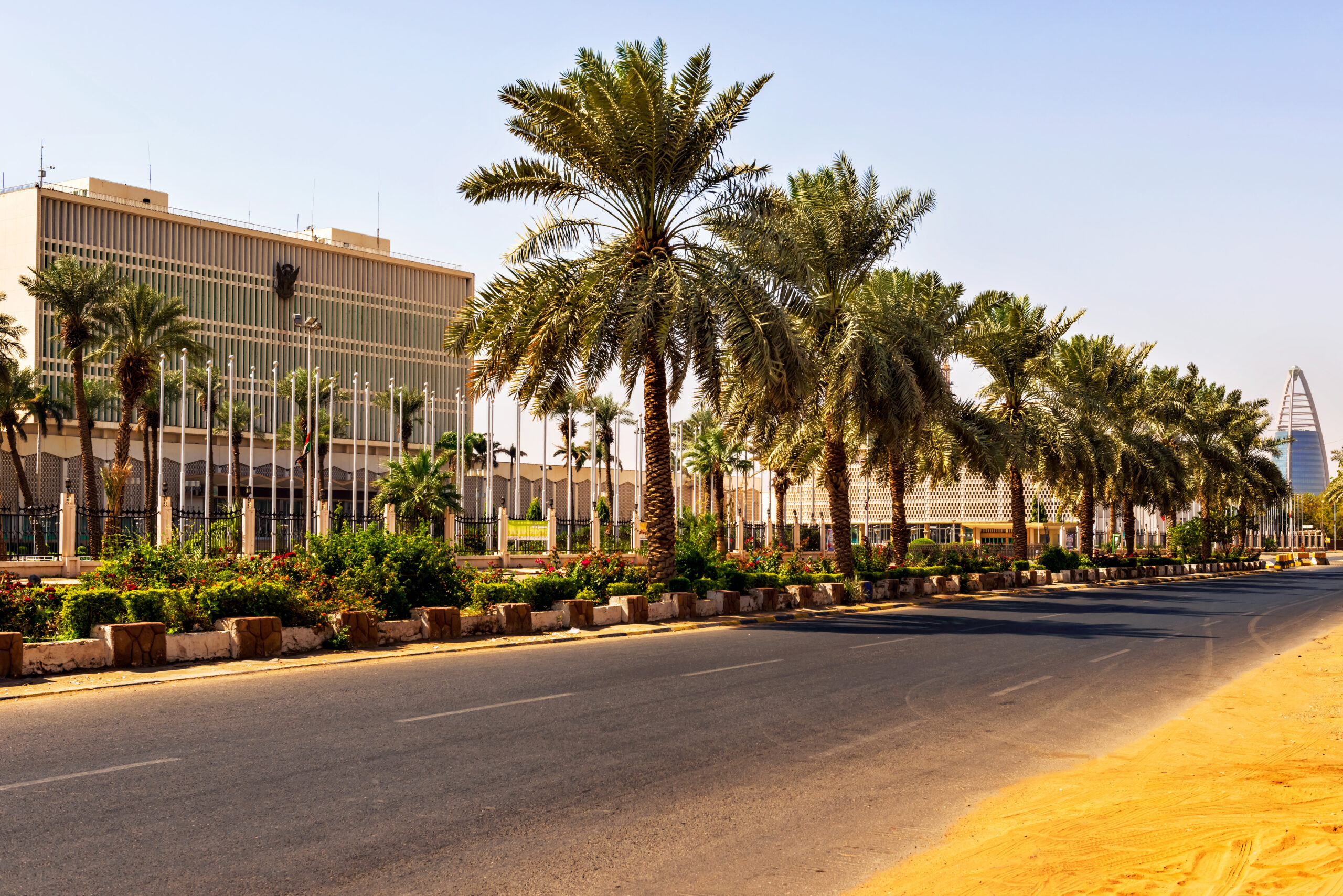This opinion article was written by Penny Beames and originally appeared May 1, 2023, on LinkedIn.
At the Global Water Security Center, we study the complex ways in which water initiates or exacerbates conflict and instability. No one is fighting over water in Sudan, which might make this conflict tangential to our work.
But the violence is affecting access to water for the people who are caught in the middle. In Khartoum, the epicenter of the fighting, residents have spent days hiding in their homes while water and food supplies dwindle. Some are now fleeing. In a firsthand account of what life is has been like in the city, BBC’s Mohamed Osman described driving to the Nile to fetch water for drinking and other life necessities. He wasn’t the only one making the trip.
He also described how key water infrastructure, like pipelines, had been damaged or destroyed by the
bombing. Water infrastructure is often a casualty of conflict, which can add to the suffering and uncertainty faced by those who are trying to carry out their lives in a warzone. Russia’s invasion of Ukraine is leaving scars in the country’s water supply networks that will take years to heal. But damage done in Sudan may be
even more difficult to repair. Khartoum’s water infrastructure was already leaky. There aren’t enough trained professionals in Sudan to maintain it.
The fighting in Khartoum also disrupts access to water outside the city. Nearly 16 million people in the country rely on aid agencies for food, water, and medical supplies. But aid work has ground to a halt. Elsadig Elnour, Sudan country director for Islamic Relief, told Al Jazeera that his local staff are “hibernating,” while international staff have been evacuated from the city. “Humanitarian assistance is not possible,” he said. “Operations are suspended until the situation is improved.”
His organization is one of several who have paused their work. United Nations Secretary General António Guterres announced Sunday, April 30, that he will send Under-Secretary-General for Humanitarian Affairs and Emergency Relief Coordinator Martin Griffiths to Sudan. Guterres called for “the protection of civilians and respect for humanitarians.”

